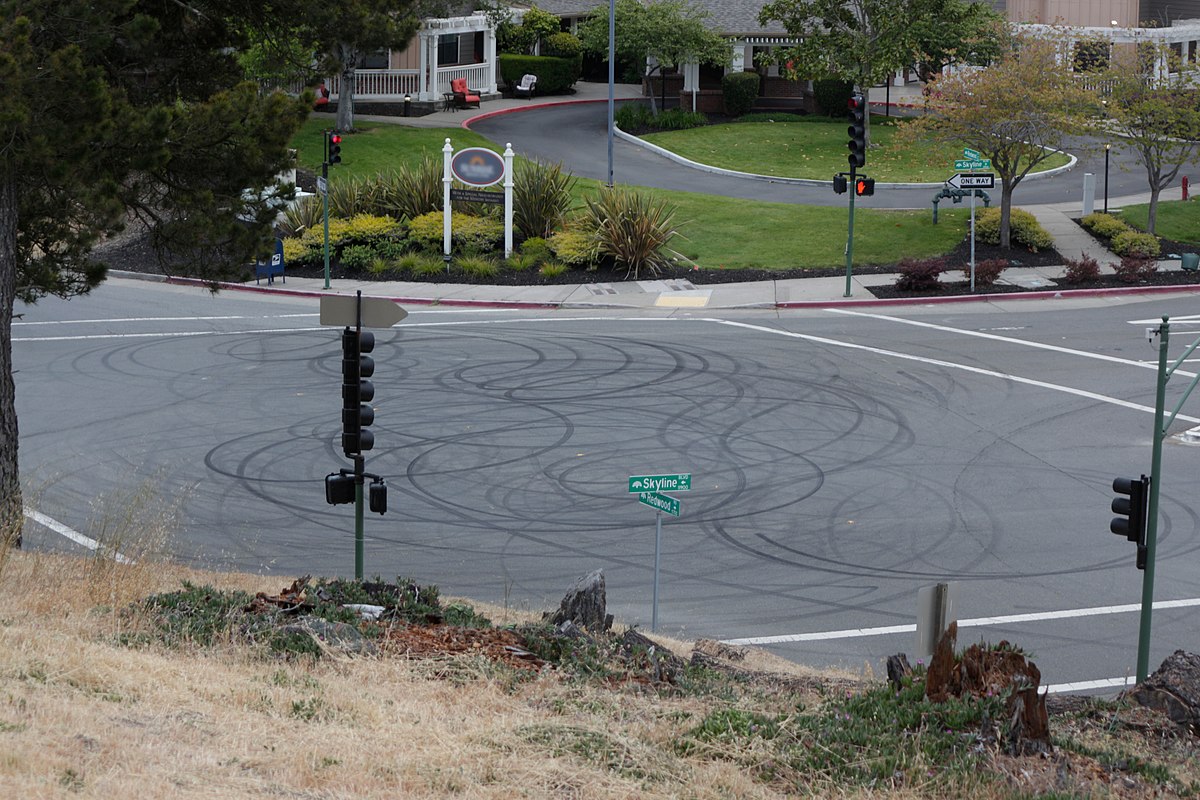
binary comment
Driving under the influence (DUI) continues to be a major concern on roads worldwide, posing a significant threat to public safety. In an effort to combat this issue and create safer communities, it is imperative to focus on prevention strategies that empower individuals and communities alike.
Focusing on DUI prevention is essential for empowering communities and ensuring safer roads. By fostering awareness, education, and community engagement, we can collectively work towards reducing instances of DUI, creating a safer environment for everyone on the road. This article delves into various approaches to DUI prevention, emphasizing the importance of community involvement and collective responsibility in ensuring safer roads for everyone.
Understanding the Scope of the Issue
DUI-related incidents not only result in tragic accidents and loss of lives but also contribute to the economic burden through increased healthcare costs, legal expenses, and property damage. To address this multifaceted problem, it is crucial to comprehend the factors that contribute to DUI incidents, including alcohol and drug consumption, societal attitudes, and individual behaviors.
Education and Awareness
An effective DUI prevention strategy begins with education and awareness campaigns. Communities can organize workshops, seminars, and awareness programs to educate individuals about the dangers of driving under the influence. Schools, colleges, and workplaces play a vital role in disseminating information about responsible drinking, the consequences of DUI, and available resources for support.
Community Partnerships
Building strong partnerships between law enforcement agencies, community organizations, and local businesses is essential. Collaborative efforts can lead to the development of targeted initiatives such as increased police presence during peak DUI times, implementing sobriety checkpoints, and conducting public awareness campaigns. These partnerships also facilitate the sharing of resources and expertise, creating a more comprehensive approach to DUI prevention.
Promoting Responsible Social Norms
Communities can play a pivotal role in shaping social norms around alcohol consumption. Encouraging responsible drinking behaviors and challenging the normalization of driving under the influence are critical components of prevention. Local businesses, entertainment venues, and event organizers can actively promote designated drivers, offer alternative transportation options, and create environments that discourage excessive alcohol consumption.
Implementing Technology Solutions
Advancements in technology provide valuable tools for DUI prevention. Breathalyzer-equipped ignition interlock devices, mobile applications for ride-sharing services, and real-time monitoring systems contribute to deterring individuals from driving under the influence. Communities should advocate for the integration of such technologies and support their widespread adoption to enhance road safety.
Community Support Programs
Empowering individuals struggling with substance abuse issues is essential for DUI prevention. Communities can establish support programs that provide counseling, rehabilitation services, and peer support to those in need. By addressing the root causes of DUI incidents, these programs contribute to long-term prevention efforts and assist individuals in making positive lifestyle changes.
Conclusion
DUI prevention requires a multifaceted and collaborative approach, with communities playing a central role in fostering safer roads. By focusing on education, awareness, community partnerships, responsible social norms, technology solutions, and support programs, we can collectively create an environment that discourages driving under the influence. Empowering communities for safer roads is not only a shared responsibility but a commitment to the well-being of everyone on our streets.


